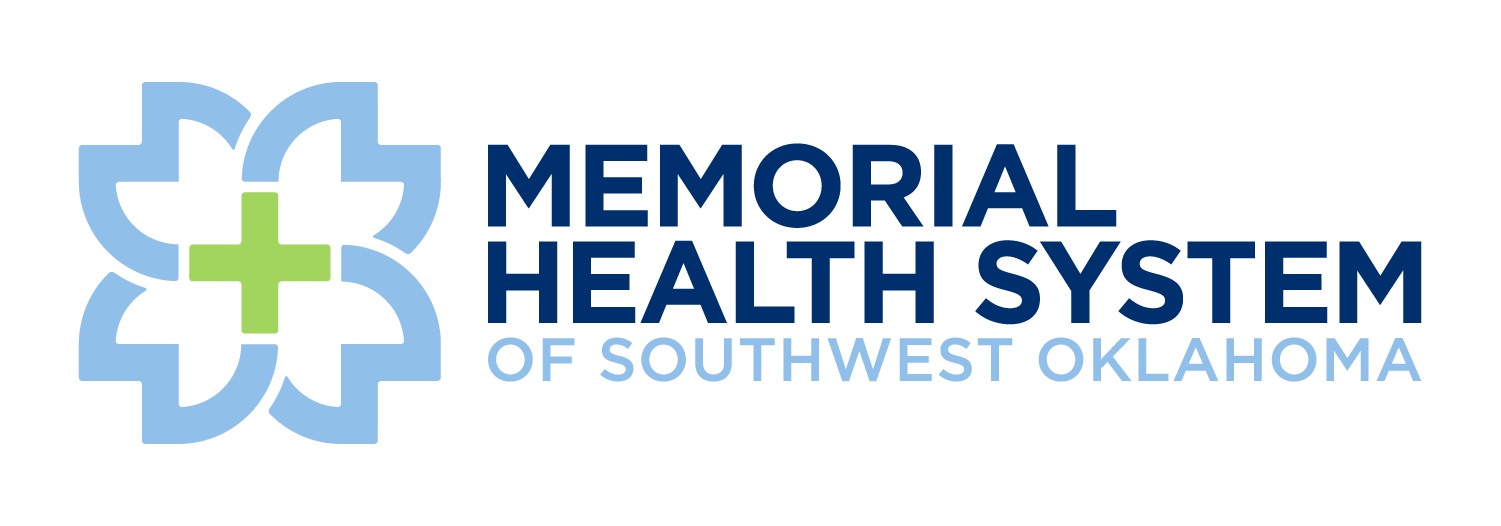In our fast-paced world, where deadlines loom large and schedules overflow, sleep often takes a backseat. However, we can’t overlook the important role sleep plays in our heart health. Yep, turns out, how we snooze can seriously affect our hearts. Research has shown time and again that the quality and quantity of sleep we get can significantly impact the health of our hearts.
The Relationship Between Sleep and Heart Health
So, why is sleep such a big deal for our hearts? Well, it’s not just about getting those Zzzs; it’s about the quality of those Zzzs too. When we sleep, our body goes into repair mode. It’s restoring blood vessels and regulating blood pressure. Additionally, sleep helps to regulate hormones that influence appetite, metabolism, and stress, all of which can impact heart health.
Insufficient Sleep and Its Effects on the Heart
Unfortunately, many people today aren’t getting enough sleep. The CDC reports that about one-third of adults in the US aren’t hitting the recommended seven hours a night. This lack of sleep can have some serious consequences for our heart.
Studies have linked not getting enough sleep to higher risks of hypertension, or high blood pressure, which is a major risk factor for heart disease and stroke. When we’re sleep-deprived, our body starts pumping out stress hormones that hike up our blood pressure and cause inflammation in our arteries. Over time, it can damage the blood vessels and increase the risk of heart disease.
Inadequate sleep is also tied to other heart disease risk factors like obesity, diabetes, and abnormal cholesterol levels. When we’re running on empty, it disrupts the body’s ability to regulate appetite and metabolism, leading to weight gain and insulin resistance – two things our heart definitely doesn’t need.
The Importance of Quality Sleep
It’s not just the quantity of sleep that matters; the quality of sleep is equally important for heart health. Conditions like obstructive sleep apnea, characterized by repeated pauses in breathing during sleep, can disrupt the normal sleep cycle and lead to fragmented sleep. Sleep apnea has been linked to an increased risk of hypertension, arrhythmias, and heart failure. Treating sleep apnea and improving sleep quality can have significant benefits for cardiovascular health.
Tips for Improving Sleep and Supporting Heart Health
Now it’s time to show our hearts some love by showing our sleep some love too. Here are a few tips to help you catch those Zzzs and keep your heart happy:
- Stick to a sleep schedule: Go to bed and wake up at the same time every day, even on weekends.
- Wind down before bed: Get into a relaxing bedtime routine, whether it’s reading, taking a warm bath, or doing some deep breathing.
- Create a sleep-friendly environment: Keep your bedroom cool, dark, and quiet, and invest in a comfy mattress and pillows.
- Say no to screens before bed: The blue light from phones and laptops can mess with your body’s sleep-wake cycle, so avoid screens for at least an hour before bed.
- Watch what you eat and drink: Limit caffeine and alcohol, especially in the hours leading up to bedtime.
- Get moving: Regular exercise can help you sleep better, but try to avoid intense workouts too close to bedtime.
Getting enough sleep is vital for maintaining heart health and lowering the chances of heart disease. If you’re struggling with your sleep, the team at CCMH is here to help you. Reach out to our Center for Sleep Medicine to learn more about scheduling an appointment.
So, tonight, let’s all make a pact to give our hearts the rest they deserve. Because a good night’s sleep is one of the best investments you can make in your heart health.
Resource:
https://www.cdc.gov/bloodpressure/sleep.htm
https://www.cdc.gov/sleep/about_sleep/sleep_hygiene.html
Disclaimer:
The Comanche County Memorial Hospital website does not provide specific medical advice for individual cases. Comanche County Memorial Hospital does not endorse any services obtained through information provided on this site, articles on the site or any links on this site.
Use of the information obtained by the Comanche County Memorial Hospital website does not replace medical advice given by a qualified medical provider to meet the medical needs of our readers or others.
While content is frequently updated, medical information changes quickly. Information may be out of date, and/or contain inaccuracies or typographical errors. For questions or concerns, please contact us at contact@ccmhhealth.com.

